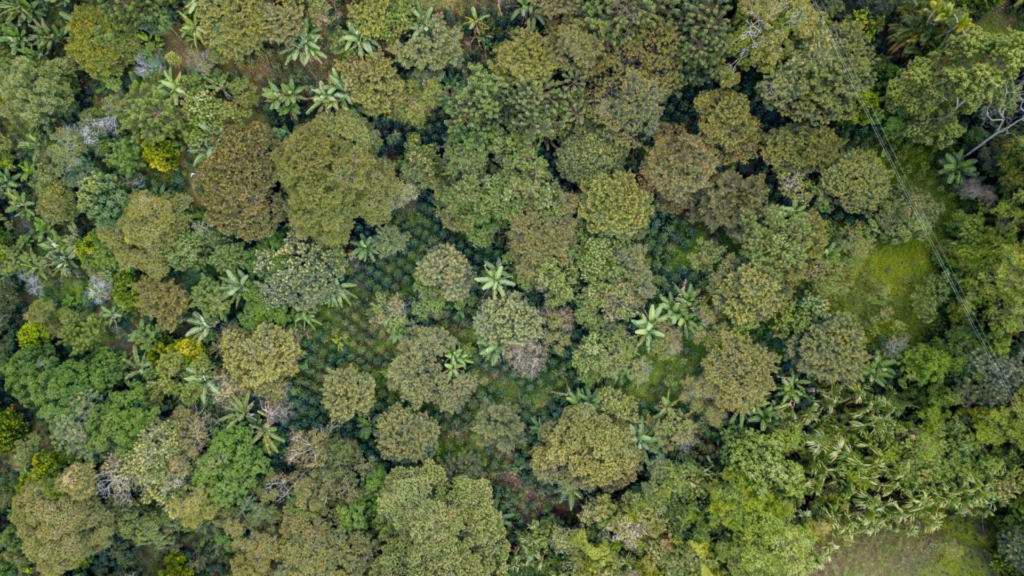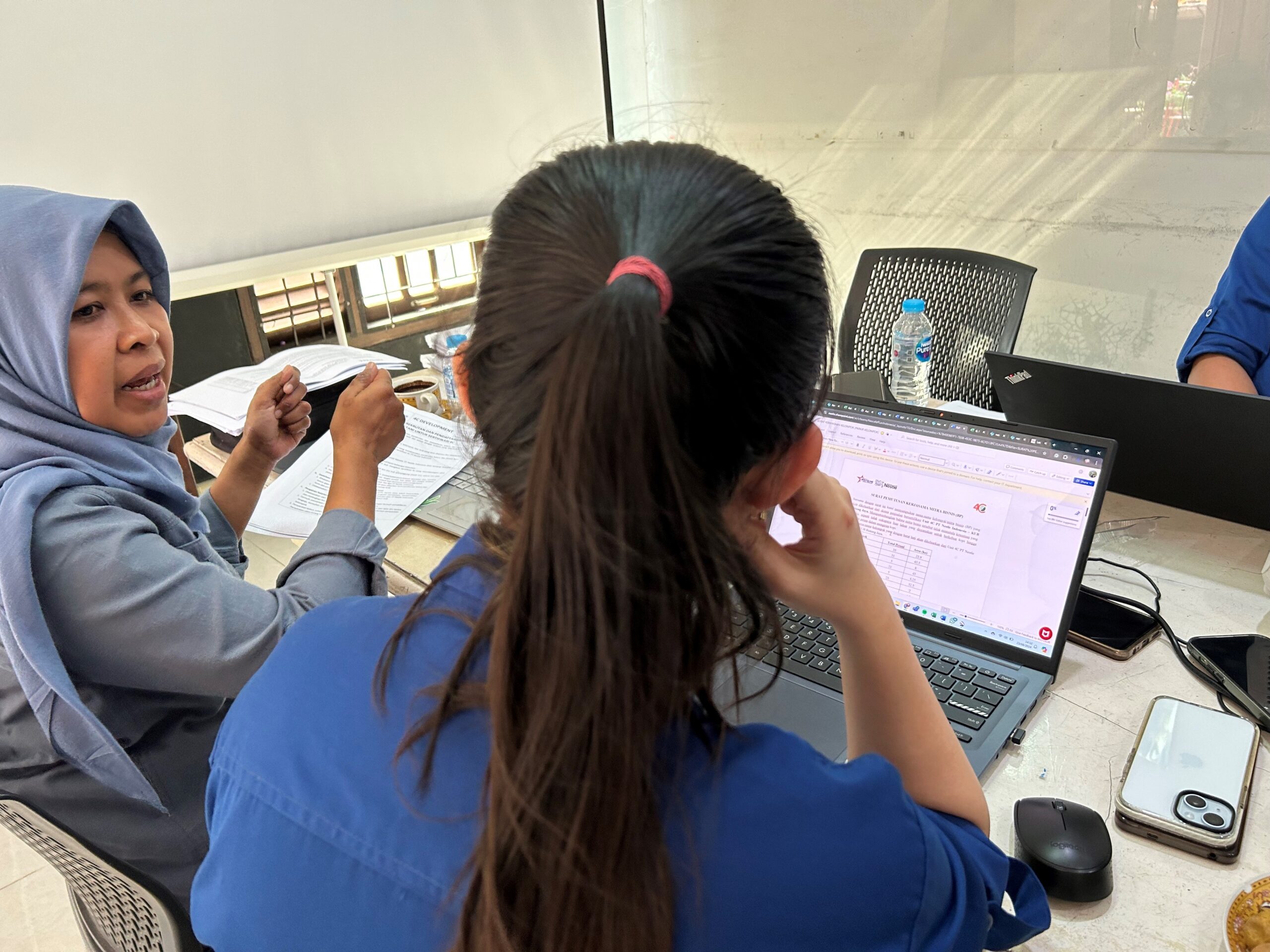Environmental Services
Deforestation

The Global Challenge
Deforestation, the large-scale clearing of forests, is one of today’s most urgent environmental threats and is closely tied to the production of crops like coffee and cocoa. Agricultural expansion, including by these commodities, drives nearly 90% of global deforestation, especially in tropical regions rich in biodiversity (UN Stats) – and coffee is one of the most widely traded tropical products (FAO).
4C’s Solutions
The 4C Code of Conduct does not allow deforestation of primary forests since 2006. On top of requirements set out in the Code, 4C provides a set of tools and services to help producers, companies, and supply chain actors prevent deforestation and ensure compliance with global sustainability standards.
Traceability Through the 4C Portal
The 4C Portal offers end-to-end traceability across certified supply chains, ensuring that coffee and cocoa can be tracked back to their origins. This transparency helps companies identify and mitigate deforestation risks while demonstrating accountability to partners and consumers.


Remote Sensing with GRAS
In partnership with our sister company GRAS Global Risk Assessment Services, 4C leverages remote sensing technology to monitor land-use change, deforestation, and ecosystem integrity. These insights provide reliable, science-based data to support risk assessments and decision-making.
EUDR One-Stop Solution
With the introduction of the EU Deforestation Regulation (EUDR), companies are required to demonstrate that their products are deforestation-free. 4C offers a comprehensive solution supporting compliance. The solution combines traceability, monitoring, and risk analysis to ensure that supply chains meet legal requirements and contribute to global forest protection.


Working Together for Forest Protection
By combining traceability, advanced monitoring practices, and regulatory compliance support, 4C helps ensure that coffee and cocoa supply chains are deforestation-free. Protecting forests safeguards biodiversity, strengthens climate resilience, and secures the future of agricultural commodities worldwide.

Further Information